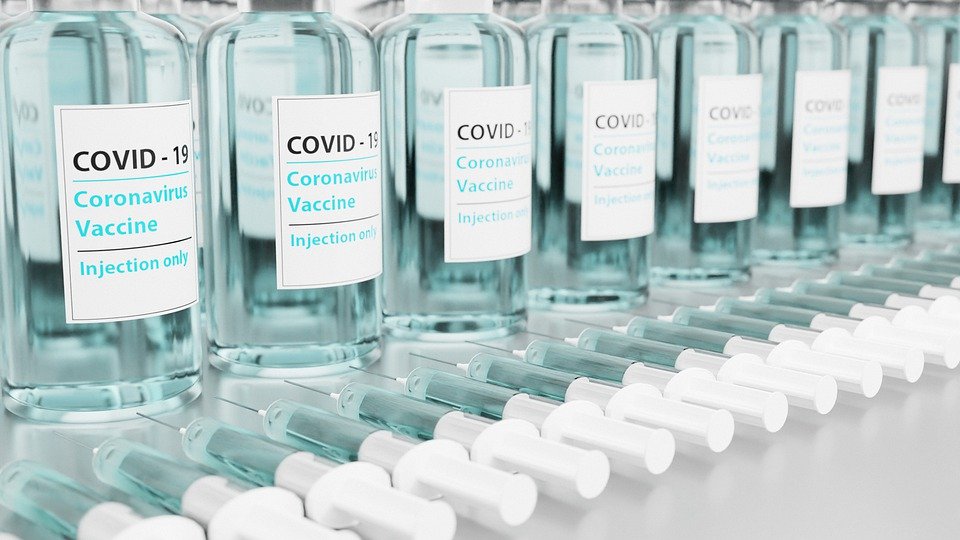A second round of tests of people inoculated against coronavirus has shown that 88% have sufficient antibodies to protect them against the virus, Béla Merkely, the dean of Semmelweis University, said.
However, focusing on the level of antibodies as a marker for immunity was beside the point, he added. “Clinical efficacy is the point in vaccination — the extent to which the jab can protect patients from getting seriously ill,” he said. “By that measure, all vaccines applied in Hungary have shown good results.” Fully 1,195 people whose initial tests had indicated zero or a low level of antibodies were tested for a second time, Merkely said. Positivity in the second round was 97% for the Sputnik and AstraZeneca vaccines, 94-97% percent for Pfizer and Moderna, and 82% for Sinopharm. He added that 93% of Sinopharm recipients below the age of 60 whose first antibody test was negative showed antibodies second time round, while this was true of 82% for those above that age. The sensitivity of tests vary greatly across laboratories, he said, adding that the US Food and Drug Administration did not recommend that method, either, preferring the measure of clinical efficacy. Merkely said that a third shot of the vaccine could be necessary for patients with certain chronic conditions, but added that no clinical tests had been conducted yet; neither was there a uniform position within the medical profession.
Commenting on the results, Gergely Gulyás, the prime minister’s chief of staff, said Budapest Mayor Gergely Karácsony’s initiative to conduct antibody tests among those already inoculated was “politically motivated, unfounded fear-mongering”. The opposition LMP has said the tests found no coronavirus antibodies in a quarter of people over 60 who had received the jab. “Antibody tests are only good to mislead people, not to assess protection levels against Covid,” Gulyás said. According to the university’s results, 88% of those “mislead by Karácsony to think they are not protected” must have protection, he said.
hungarymatters.hu
pixabay


















